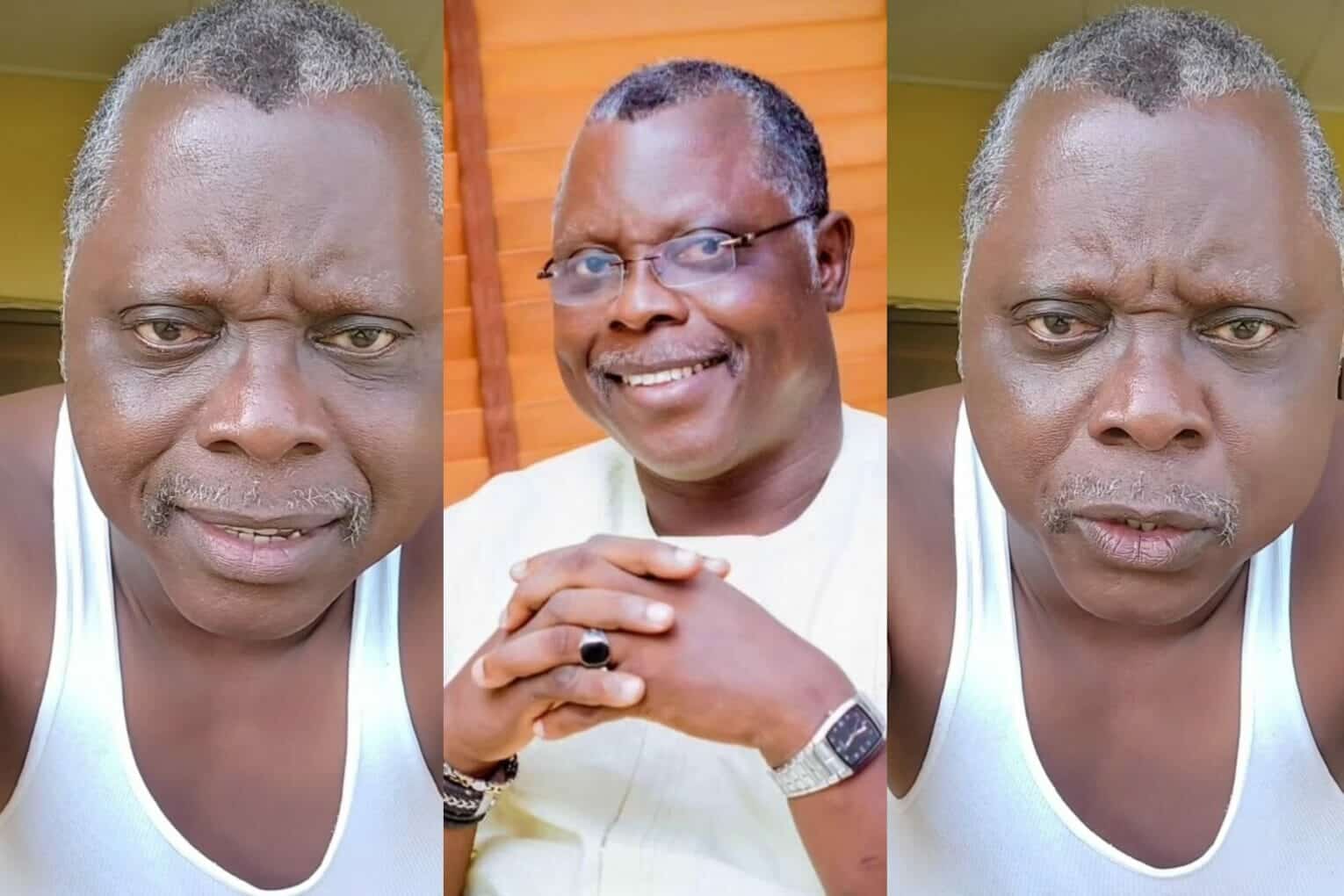celebrities
Ny Nana Rejects Nollywood’s Love Story Formula

celebrities
Dele Odule Shares Emotional Post About Pain
celebrities
Lateef Adedimeji Advises Fans to be Kind, Humble
celebrities
Yul Edochie Laments Decline of Igbo Language Among Children
-

 Celebrity news3 weeks ago
Celebrity news3 weeks agoTiwa Savage Opens Up on Secret ‘Disrespectful’ Romance
-

 Celebrity news2 weeks ago
Celebrity news2 weeks agoVeryDarkMan Launches Ratel Movement for Cleanup Drive
-

 Celebrity news3 weeks ago
Celebrity news3 weeks agoMandy Kiss Stirs Controversy With Guinness Record Challenge
-

 Fashion4 weeks ago
Fashion4 weeks agoApril Wind Couture Overcomes Challenges to Lead Fashion Space
-

 Celebrity news3 weeks ago
Celebrity news3 weeks agoFaith Calls Imisi Misunderstood in BBNaija House
-

 Celebrity news4 weeks ago
Celebrity news4 weeks agoChiwetalu Agu Dismisses Death Rumours, Declares Health
-

 Celebrity news3 weeks ago
Celebrity news3 weeks agoBBNaija Vee Vows to Avoid Pregnancy with Wrong Man
-

 celebrities4 weeks ago
celebrities4 weeks agoNkechi Blessing Laments Singlehood, Admits Frustration





















